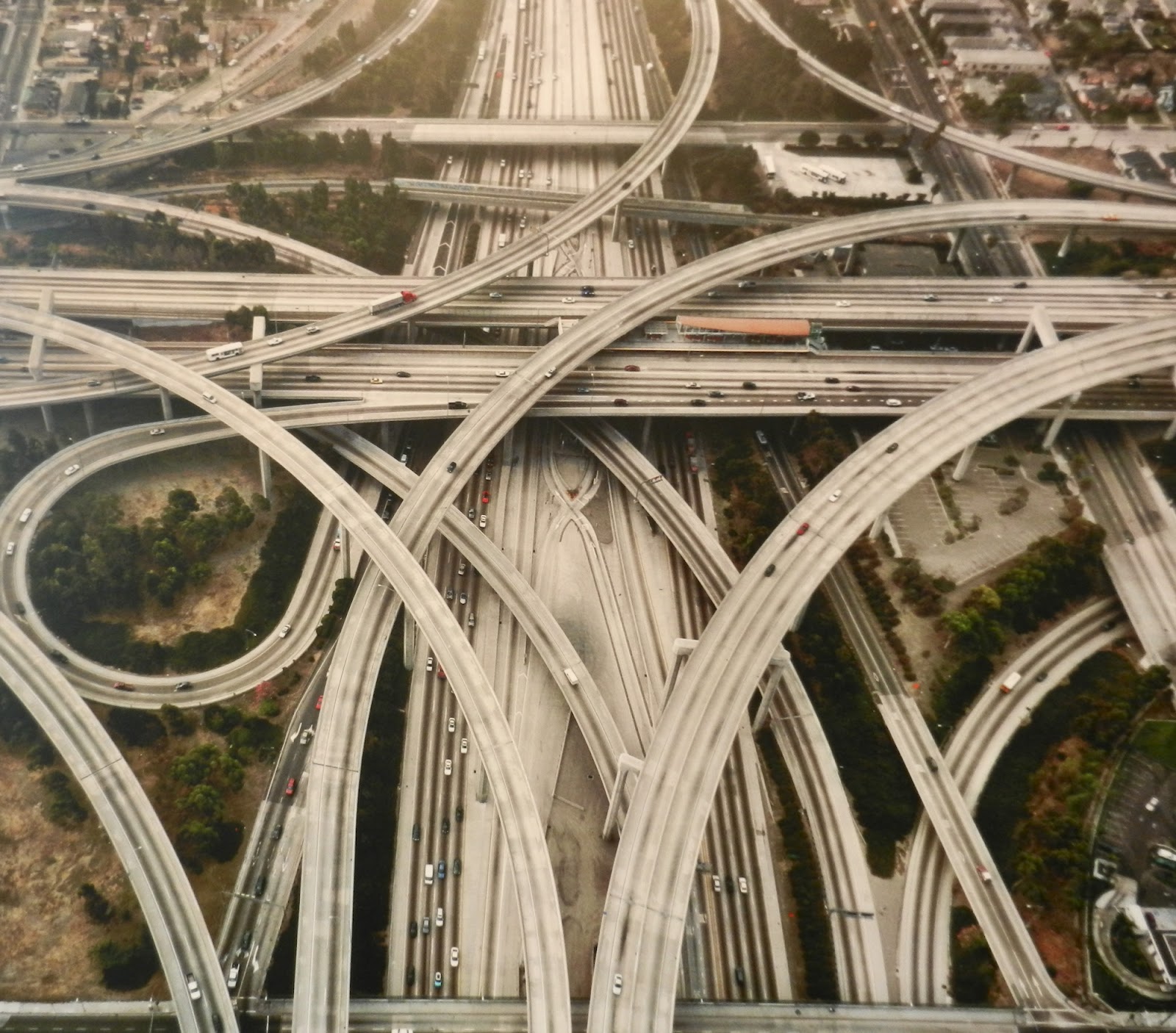When paying a bill online recently, I mistakenly entered one wrong letter in my password, and the system locked me out, thinking I was someone else trying to break into my account. I had to phone the company and speak to two tech people before I was re-allowed entry. Sometimes technology can read something innocent as something sinister and overreact in the name of safety.
They’ll be glitches, some unforeseen, when the road begins to crowd with autonomous cars, as there always are with any technological innovation, but on balance driving will be safer. The question is by how much. From Clare Cain Miller of the New York Times:
“How much safer would driving be if robots replaced humans on the roads?
It has been hard to estimate because fully autonomous cars are not yet available to test. Google says that its driverless cars have logged more than 700,000 miles without an accident caused by the car, and that its cars do not do unsafe things that people do, like sharply accelerating or braking.
But two studies by researchers at Virginia Tech — H. Clay Gabler, a professor of biomedical engineering, and Kristofer D. Kusano, a research associate — suggest how much safer robot cars might be. They found that even cars that are not fully autonomous but that automate some of the most dangerous aspects of driving could have as big an effect as seatbelts have had.
The studies, which were sponsored in part by Toyota Motor, analyzed the crashes, injuries and fatalities that could have been prevented by cars that alert drivers when they drift out of their lane or correct the car’s course, and those that sense an impending collision and automatically brake. They used a representative sample of real-world crashes nationwide and simulated what would have happened had the automation been in place.
They found that lane-departure warning systems would have prevented 30.3 percent of the crashes caused by lane drifting, and 25.8 percent of the injuries.”
Tags: Clare Cain Miller

